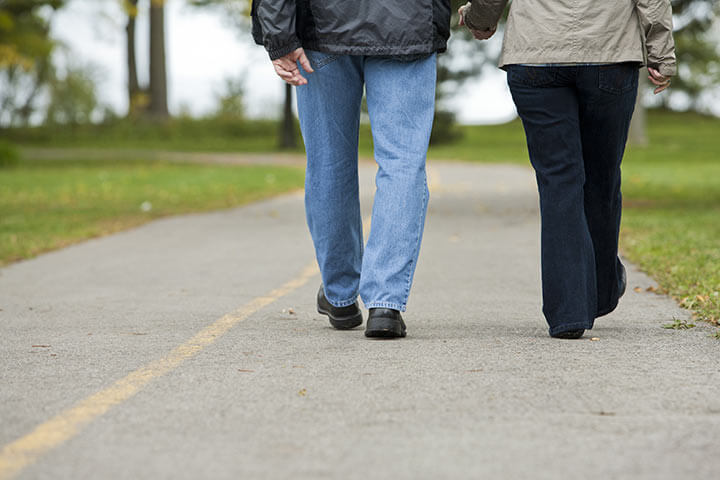 The most important factor in a senior’s day-to-day schedule is quality of life. When a friend or family member requires assistance with their activities of daily living (ADLs), it is important to find an in-home care aide that can help maintain their prior standard of living.
The most important factor in a senior’s day-to-day schedule is quality of life. When a friend or family member requires assistance with their activities of daily living (ADLs), it is important to find an in-home care aide that can help maintain their prior standard of living.
When a person can no longer perform the activities they need to get by on a day-to-day basis, a proper plan must be established to determine how to carry out ADLs. In many instances, this involves a family member, but even then, family members need occasional breaks or vacations as well.
Hiring a professional to assist an individual with their ADLs is a wise healthcare solution. In order for a person to receive the proper support, one must first understand what constitutes an ADL and how to apply it to an individualized treatment plan.
A Basic Definition of ADLs
The activities that individuals perform on a daily basis related to self-care are considered “activities of daily living”— more commonly referred to as ADLs. The concept was originally developed in the 1950’s, and doctors, psychologists, and other professionals have been building on it since that time.
Healthcare professionals often use a person’s ability to perform their own ADLs as a measurement of their functional status. The more diminished a person’s capabilities are to perform these tasks, the more support they will need on a daily basis.
What Are ADLs?
Activities of daily living are generally defined as “the things we normally do,” and what constitutes a particular ADL for a person can vary greatly. However, many people share a common need for several basic ADLs on a daily basis. These include:
- Dressing
- Eating
- Ambulation
- Toileting
- Hygiene
Functional mobility (also referred to as “transferring,” or moving from one place to another) is a major factor in determining how well a personal can perform their own ADLs. Functional mobility is generally measured by how well a person can walk, get in and out of a sitting/lying position, and move about independently. In addition to ADLs, there is a subset of activities that can also be addressed to meet the needs of an individual in their home. These are known as “Instrumental Activities of Daily Living,” or IADLs.
Instrumental Activities of Daily Living
Supporting a person’s ADLs can also include activities that, although not vital to living, are instrumental in their daily lives. Instrumental activities of daily living or IADLs can include tasks such as:
- Shopping
- Housekeeping
- Exercise
- Food Prep and Cooking Meals
- Transportation
- Social Activities
When helping a person maintain their quality of life, attention to their needs for both ADLs and IADLs is essential for their overall well-being. Meeting these particular needs on a daily basis can be demanding, and it takes a special type of person to deliver this level of focused care on a professional basis.
Evaluating ADLs
Prior to seeking out long-term assistance, it is important to understand the level of in-home care an individual may currently require. There are several evaluation tools professionals use to measure a person’s ADLs. Loved ones can use these tools as well by taking advantage of certain online resources that include the following.
- The Older Americans Resources and Services (OARS) ADL/IADL Scale
- The Katz ADL Scale
- The Bristol Activities of Daily Living Scale
There are many more models on the market, but the important factor is that the needs are assessed in the first place. Every model of in-home health care requires an evaluation of an individual’s ADLs prior to assigning a professional to help.
Who Supports ADLs?
The three typical professionals that are associated with supporting and assisting an individual with their activities of daily living include:
- Certified Nursing Assistant (CNA)
- In-Home Care Aide/Home Health Aide (HHA)
- Professional Caregiver
The profession requires, at minimum, a GED and 75 hours of training. Experience and education can extend from there, and some caregivers will have specialized medical education and training.
Most states require a formal training program to become professionals in the field. Check an aide’s certification with a trusted agency like the National Association for Home Care and Hospice (NAHC), and do a thorough background check prior to placing them in a home.
Supporting the activities of daily living for an individual can be a tough job but incredibly rewarding. A person’s needs will generally define what exactly those ADLs are and how much they may need assistance. One important thing to remember is to allow an individual to be as independent as possible. This will not only improve their well-being but help them to not just survive, but thrive. Contact Caring Hands Matter form more information.